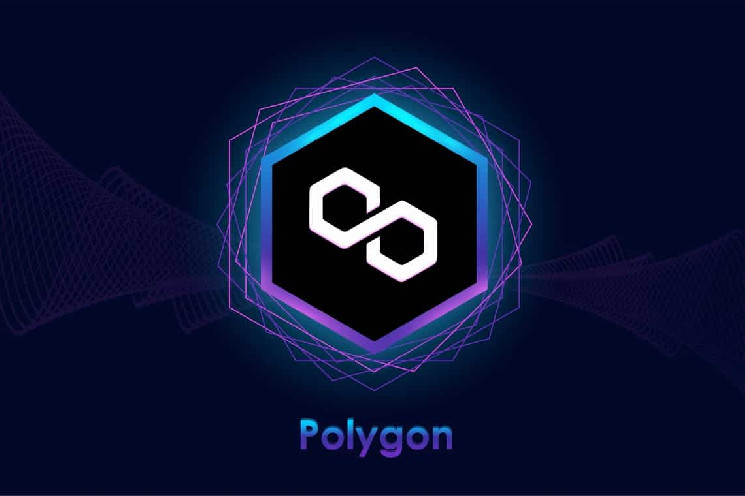Polygon announces the launch of the world’s first fully Ethereum-compatible zero-knowledge (ZK) scalability solution
zkEVM: the great innovation brought to market by Polygon
In a post on its blog, Polygon announced the launch of the world’s first fully Ethereum-compatible zk scalability solution:
“Ethereum’s big scaling moment is finally upon us. The network’s roll-up centric future begins to take shape this year with the shift to Proof of Stake consensus mechanism. One of the most promising solutions for accommodating the next billion Ethereum users is Zero Knowledge (ZK) proofs”.
We are proud to announce a giant leap forward for Ethereum scaling and ZK innovation.
Introducing Polygon #zkEVM, the first EVM-equivalent ZK L2.
Today we’re releasing a complete implementation, fully open-source, and we’re just getting started.
[1/6] pic.twitter.com/P929DRCT1y
— Polygon – MATIC 💜 (@0xPolygon) July 20, 2022
Polygon’s innovative new development of zkEVM, which began in January of this year, is aimed, in the intentions of its developers, to greatly enhance the user and developer experience with Ethereum by providing scalability and lower transaction costs.
This represents an exciting step toward greater adoption of Web3 technology.
In a nutshell, Polygon zkEVM is equivalent to Ethereum’s own virtual machine (EVM) and is fully supported by the entire Ethereum ecosystem.
The project was unveiled at the Ethereum Community Conference (EthCC) in Paris, which was described as a “great leap forward” in the world of zero-knowledge (ZK) technology, and as the company itself points out, it is only the first step into the future.
Polygon explains in the post:
“ZkEvm is the first Ethereum-equivalent scaling solution that works seamlessly with all existing smart contracts, developer tools and wallets, harnessing advanced cryptography called zero-knowledge proofs”.
How the new zkEVM works

Until recently, it was still thought to be too early to put these kinds of smart contract projects in place, as Polygon co-founder Sandeep Nailwal explained in an interview:
“Everybody thought [a zkEVM] was at least 12 to 18 months away. But here we are, and we are open sourcing the code and making the test net live”.
According to Nailwal, Polygon committed nearly $1 billion to ZK-related initiatives last year.
In short, the ZK test technology performs transactions in batches, which are then forwarded to the Ethereum network as a single bulk transaction. The fee for the single transaction is then split among all participants involved, dramatically lowering costs.
Unlike Optimistic rollups, which are the most widely used to date, where users have to wait up to seven days for deposits and withdrawals, zk-Rollups, on the other hand, offer much faster execution times.
Mihailo Bjelic, co-founder of Polygon, said:
“The holy grail of Web3 infrastructure should have three major properties: scalability, security and Ethereum-compatibility. Until now, it has not been practically possible to offer all these properties at once. Polygon zkEVM is a breakthrough technology that finally achieves that, thus opening a new chapter of mass adoption”.
 en.cryptonomist.ch
en.cryptonomist.ch
